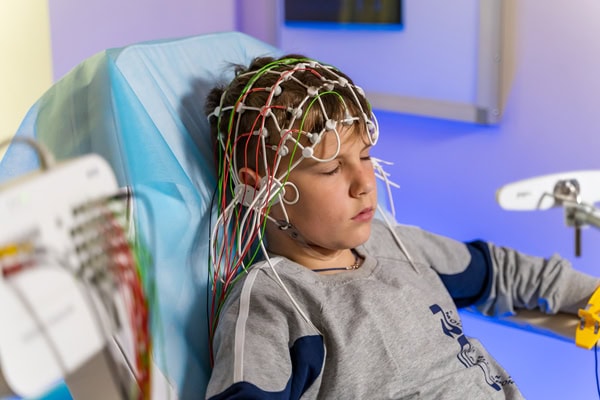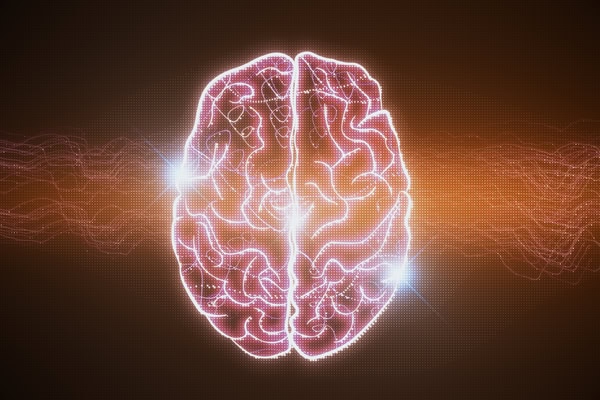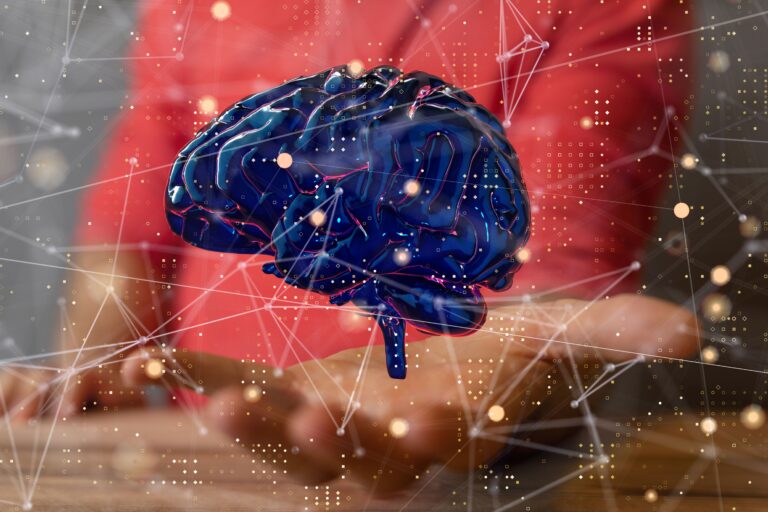As technologies for brain enhancement advance rapidly, society faces unprecedented ethical challenges regarding their development and implementation. This article examines the complex ethical landscape surrounding neurostimulation, pharmacological cognitive enhancers, and neural interfaces, exploring how these technologies raise fundamental questions about equity, autonomy, identity, and the future trajectory of human cognitive augmentation.
The Current Landscape of Cognitive Enhancement Technologies
The quest to improve human cognitive capabilities has accelerated dramatically in recent years, with multiple technological approaches emerging simultaneously. These diverse methods for enhancing brain function operate through different mechanisms but share the common goal of extending cognitive capabilities beyond typical boundaries.
Pharmacological Approaches to Enhancement
Nootropics or “smart drugs” represent one of the most accessible forms of cognitive enhancement currently available. These substances fall along a spectrum from familiar compounds like caffeine to prescription medications and experimental agents: Prescription stimulants (methylphenidate, modafinil) originally developed for specific conditions but increasingly used off-label for cognitive enhancement. Non-prescription compounds including racetams, adaptogenic herbs, and amino acid derivatives marketed to improve memory, attention, or mental energy.
Research on these substances reveals a complex reality: while some demonstrate modest effects on specific cognitive domains under particular conditions, their efficacy varies substantially between individuals. More concerning from an ethical perspective is that long-term effects remain poorly characterized, particularly when these compounds are used by healthy individuals over extended periods. The disconnect between public perception of these substances as reliable enhancers and the more nuanced scientific understanding represents one of many information gaps that complicate ethical decision-making in this domain.
Neurostimulation Technologies
Beyond pharmacology, various methods for directly modulating brain activity have emerged as potential enhancement tools. These include: Transcranial direct current stimulation (tDCS) — applying weak electrical currents to targeted brain regions Transcranial magnetic stimulation (TMS) — using magnetic fields to induce electrical activity in neural tissue Ultrasound stimulation — employing focused sound waves to modulate brain activity. Consumer devices utilizing these principles have proliferated despite significant questions about optimal parameters, individual response variability, and potential unintended effects. The direct-to-consumer availability of brain stimulation devices has outpaced regulatory frameworks, creating scenarios where individuals may experiment with neural modulation without medical oversight or evidence-based protocols. This is strongly discouraged.
Brain-Computer Interfaces and Neural Implants
The most invasive but potentially transformative approach involves direct connections between neural tissue and computational systems. While current medical applications focus primarily on restoring function, the extension to enhancement is increasingly plausible. Early systems have demonstrated capabilities including: Memory augmentation through targeted stimulation of hippocampal activity. Direct neural control of external devices with increasing precision and complexity.
As these technologies develop, they raise particularly profound questions about the boundaries between human and machine cognition, as well as unprecedented concerns about privacy, security, and control of neural data.
Core Ethical Tensions in Brain Enhancement
The development of cognitive enhancement technologies creates several fundamental ethical tensions that resist simple resolution. These dilemmas touch on deeply held values about human dignity, fairness, and autonomy.
Access Disparities and Cognitive Inequality
One of the most immediate concerns surrounds equitable access to enhancement technologies. If effective cognitive augmentation becomes available primarily to privileged populations, existing social disparities could be dramatically amplified — creating what some ethicists term “cognitive divides” that could fundamentally transform economic and social structures. This concern extends beyond simple economic access to include disparities based on geographic location, regulatory differences between jurisdictions, cultural factors affecting technology adoption, and varying levels of information access that might influence decision-making about enhancement use. The potential emergence of multi-tier cognitive capabilities stratified by access to enhancement raises profound questions about justice and social cohesion. While some argue that enhancement technologies could eventually become universally accessible like many other innovations, others note that the intimate and fundamental nature of cognitive capacity makes these particular technologies uniquely concerning from an equity perspective.
Autonomy and Implicit Coercion
Even with equitable access, serious questions arise about authentic choice and autonomy in the context of enhancement. As these technologies become more common, social and professional pressures might create environments where enhancement feels increasingly mandatory rather than optional. In competitive academic or workplace settings, the availability of effective enhancement could create implicit expectations that fundamentally alter the meaning of consent. The distinction between opportunity and obligation becomes blurred when refusing enhancement might result in significant disadvantages. This dynamic creates particular concerns in contexts involving developing brains or vulnerable populations, who may have limited capacity to evaluate long-term consequences against immediate pressures to perform or conform.
Identity and Authenticity Concerns
Perhaps the most profound ethical questions surrounding brain enhancement involve its implications for human identity and authenticity. If cognitive capacities fundamentally shape our experience and sense of self, technologies that modify these capacities raise questions about: The boundaries of “natural” versus “artificial” cognition attribution of accomplishments and the meaning of achievement Continuity of identity through significant cognitive enhancement. These philosophical dimensions of human enhancement extend beyond practical concerns to touch on fundamental questions about what we value in human experience and achievement.
Governance and Ethical Frameworks
The rapidly evolving landscape of enhancement technologies necessitates thoughtful governance approaches that balance innovation with appropriate safeguards.
Proactive Regulatory Considerations
Current regulatory frameworks were largely designed for therapeutic rather than enhancement applications, creating significant governance gaps. Proactive development of appropriate oversight mechanisms requires input from diverse stakeholders including neuroscientists, ethicists, potential users, and the broader public.
As Dr. Christian Beste has noted in recent discussions of neuroethics, “We need governance frameworks that acknowledge the unique characteristics of cognitive enhancement technologies — particularly their capacity to influence fundamental aspects of human experience and identity in ways traditional medical interventions do not.” The development of brain enhancement technologies presents both extraordinary opportunities and profound challenges. Finding a responsible path forward requires ongoing dialogue that includes diverse perspectives and values. Christian Beste and other researchers in this field emphasize that ethical approaches must evolve alongside the technologies themselves, with continuous reassessment as capabilities, applications, and societal contexts change. This suggests not a single ethical resolution, but an ongoing process of careful navigation that balances technological possibilities with our deepest human values and concerns about the kind of future we wish to create.







